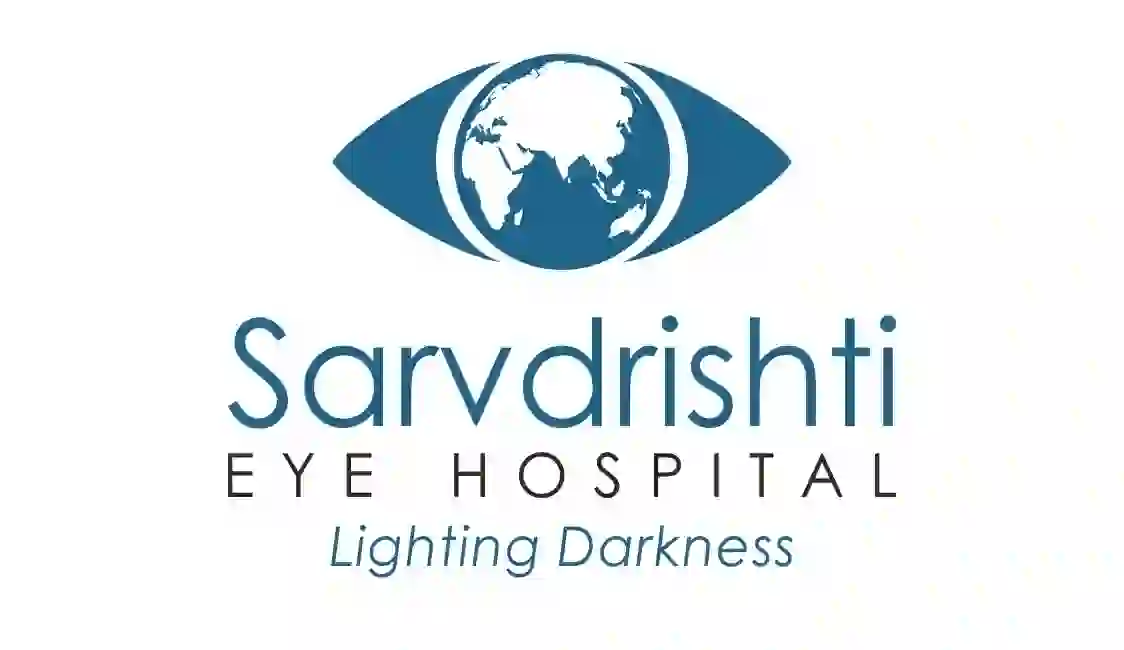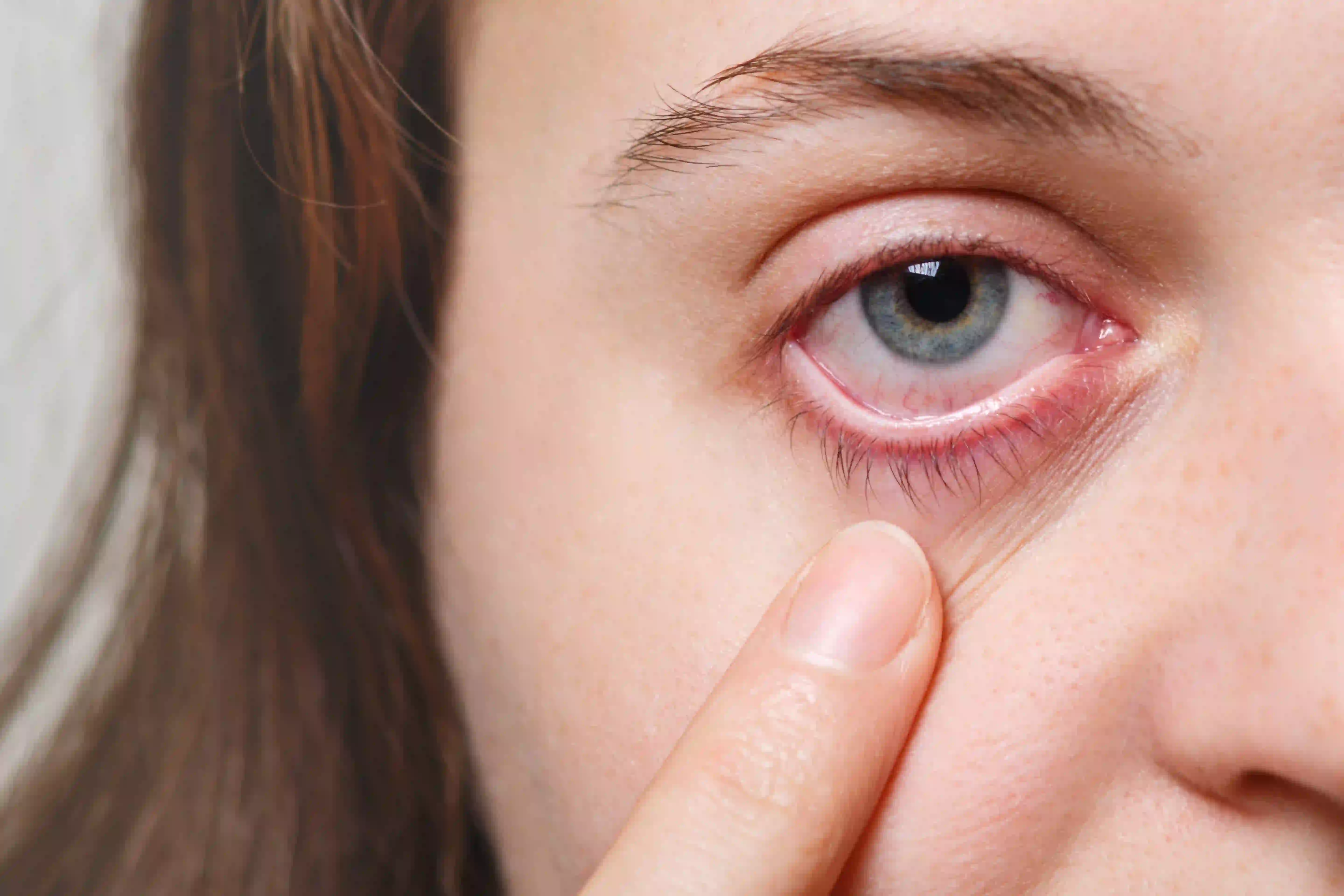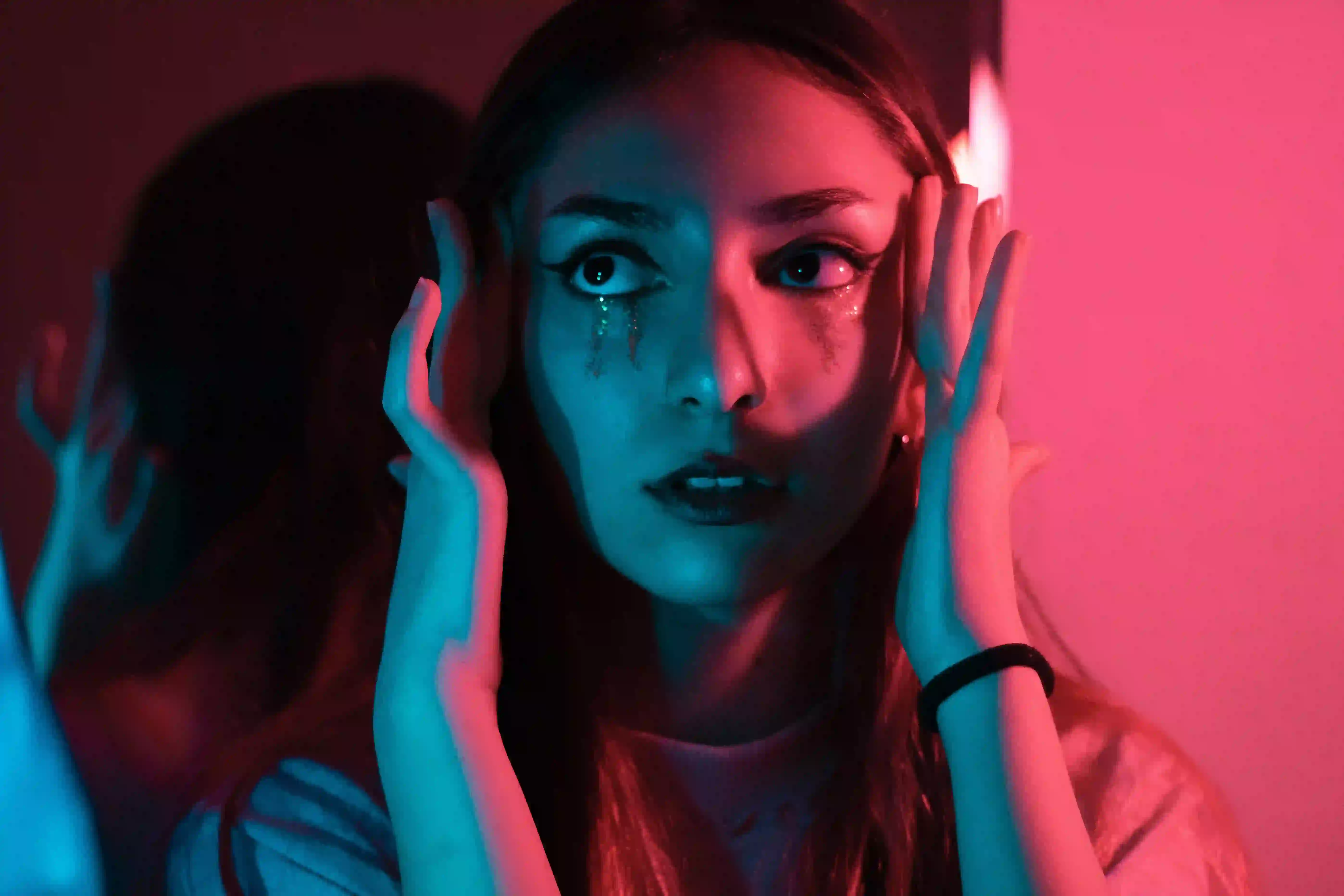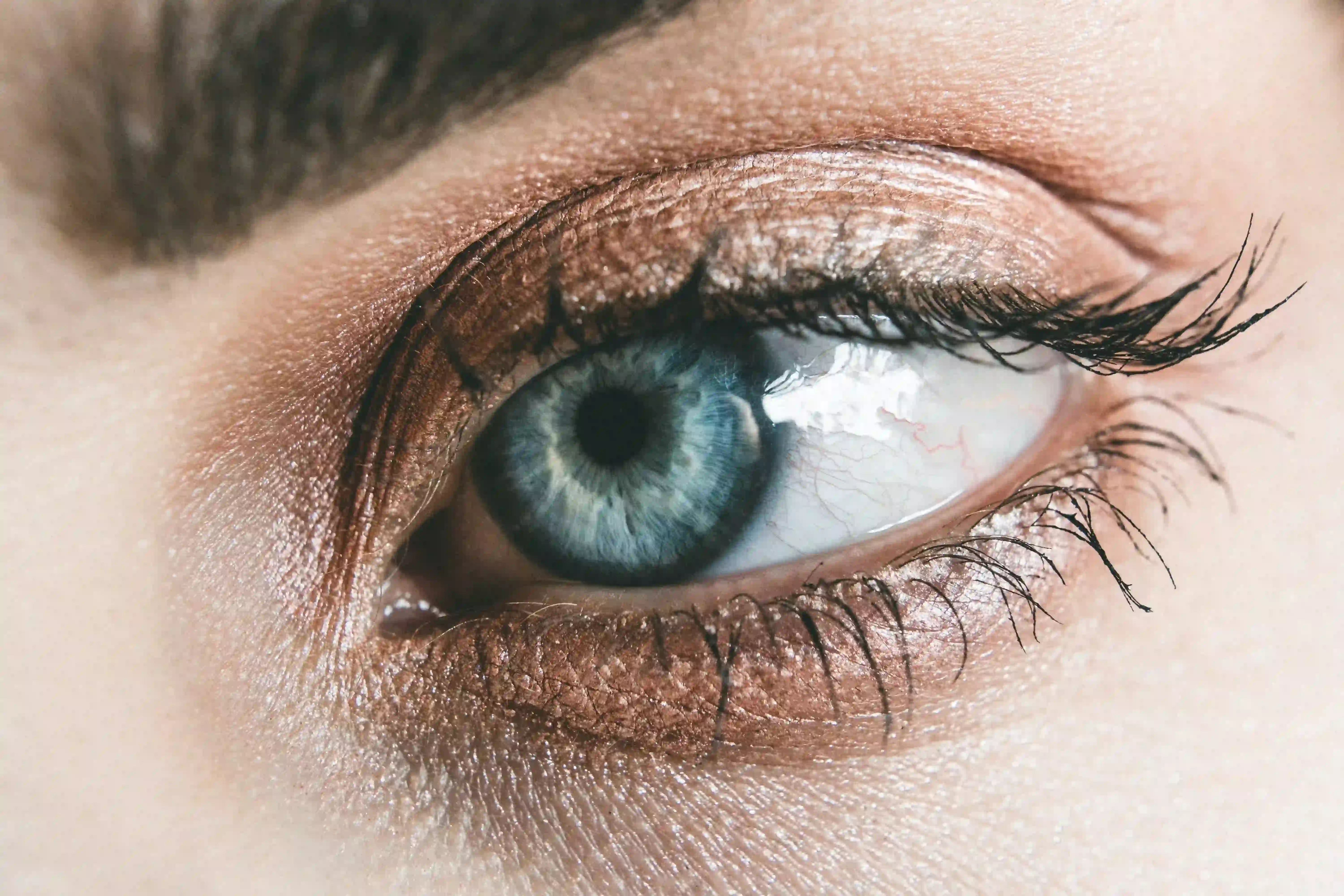Vision screenings using adequate testing equipment ?
Vision is the ability to perceive and interpret the surrounding world through the
eyes. It is a complex process involving the eyes, optic nerves, and the brain.
Regular vision screening is crucial for maintaining eye health and detecting
potential issues early on. Screening methods include visual acuity tests, which
measure the sharpness of vision, and eye examinations that evaluate eye
alignment, eye movements, and overall eye health.
Other screening tools may involve assessing color vision, depth perception, and
peripheral vision. These screenings help identify refractive errors, such as
nearsightedness or farsightedness, as well as more serious conditions like
glaucoma, cataracts, or macular degeneration, facilitating timely intervention
and appropriate vision correction measures.










